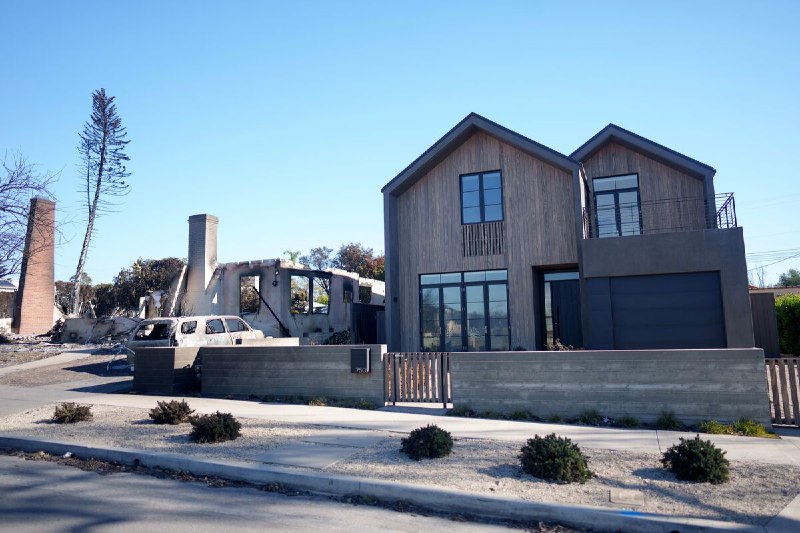group-telegram.com/random_from_sherlock/544
Last Update:
The most important function of an open market is the price signals it generates. These signals, in theory, adjust the future behavior of participants, ensuring optimal use of scarce resources. For example, if the price of fire insurance increases, a possible outcome is the construction of fireproof homes using new technologies or fewer constructions in fire-prone areas.
What happens when the government intervenes in the market and dictates prices? If prices are lower than would've been otherwise, shortages of goods and services will take place. The Soviet Union in the past and Cuba today are great examples of that. Wasteful oversupply occurs when a dictated price is higher.
A democracy operates under vox populi principle. Thus the government is a collective will of voters. Since voters are humans they exhibit human-like behavior. That is to get things for less and ensure bargains into the future.
In states like California and Florida, an insurance commissioner, who is elected, prohibits insurance companies from pricing risks based on future expectations of natural disasters. Premiums were allowed to go higher so long as actuarial models were supported by past events only. Since natural disasters occur more frequently, looking into a rearview mirror to calculate premiums will ensure prompt bankruptcies of insurance companies. Since the government cannot force the rendering of services from private actors, the industry reacted with a very rational decision and mostly left these states. Acquiring fire insurance in parts of LA became problematic. The number of homes without one jumped. Coverages have gotten thinner from a remaining state-funded company. That was the backdrop before the recent devastating fires.
For more nuanced coverage take a listen at Patrick Boyle's video.
#economics #ЖадностьПорождаетБедность
January 2025
BY Random Thoughts

Share with your friend now:
group-telegram.com/random_from_sherlock/544
